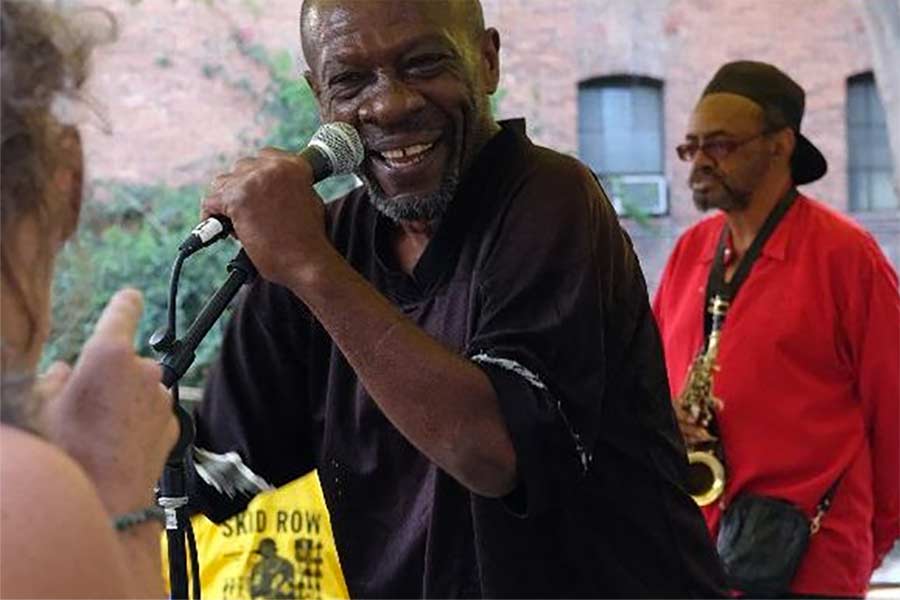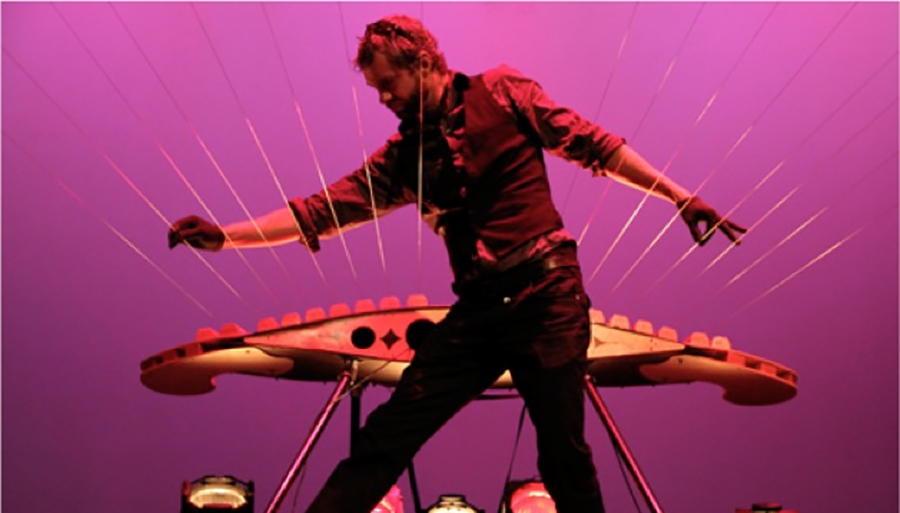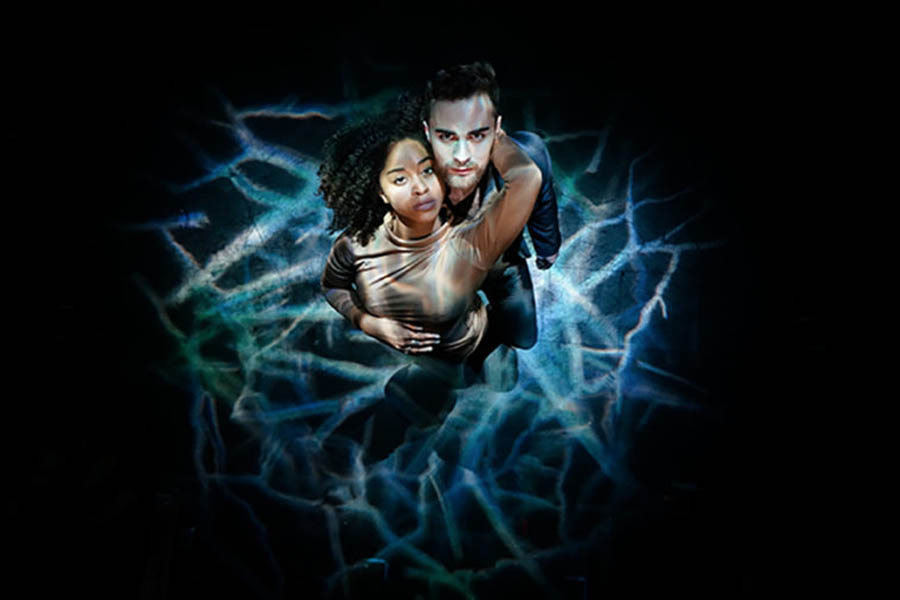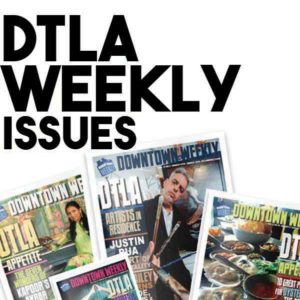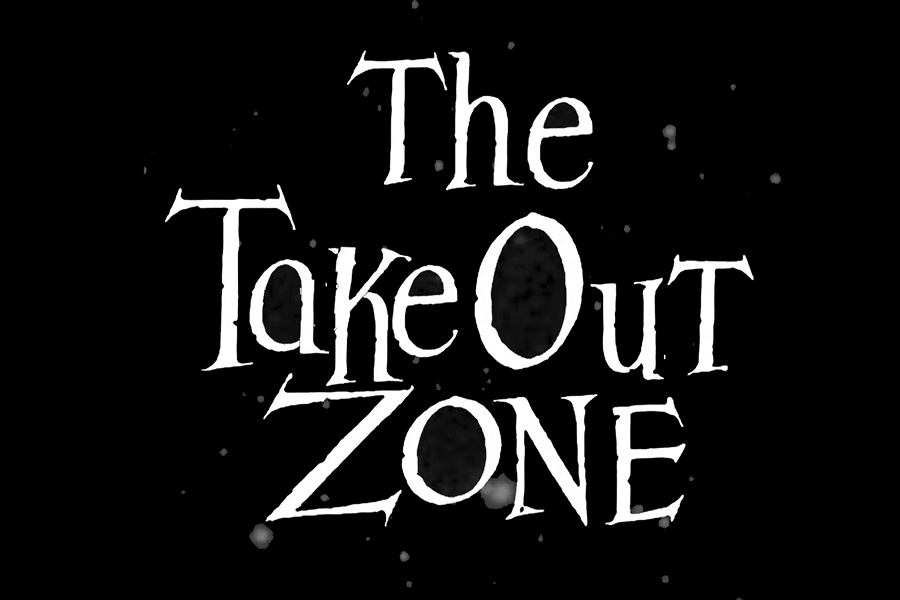
Friday, November 11, 2016 will see downtown’s REDCAT premiere of a unique musical quartet Gnarwallaby. Their name was coined by New Orleans native and quartet co-founder Matt Barbier who enjoys a taste for obscure puns—in this case by creating a brand new mythological beast. His combination of a narwhal and wallaby (pictured) become not only name but logo.
Barbier explained all four members/founders—himself, Brian Walsh, Richard Valitutto, and Derek Stein—went to school at CalArts. In fact each performed at REDCAT as part of recitals before now. This marks their debut together at this venue. Last month they also performed upstairs at Disney Hall, while other performances in Los Angeles include LACC (Los Angeles City College) as well as a neighborhood Unitarian Church in Pasadena where they often rehearse. Back in 2013 the quartet even performed at Carnegie Hall in New York City!
As Barbier noted, what makes Gnarwallaby such an apt name is a unique blend of instruments. Arguably most famous quartets remains string—usually two violins, a viola and a cello. All string instruments. Gnarwallaby on the other hand uses instruments from four different families—clarinet (woodwind), trombone (brass), violoncello (string), and piano (percussion)!
“They combine in a way Richard (Valitutto) eventually dubbed ‘Heterophonic Avant-garde’ in which all the instruments interact fundamentally as one organism” said Barbier. An usual arrangement, but not unknown! Barbier gave a quick précis of both groups preceding his own. First, a Polish quartet in the 1970s, Warsztat Muszyczny whose members “eventually just went their own way, but not before developing ‘Unistic Music’ as a way to describe exactly what we aim to achieve.” Likewise 1980s German group Quartett Avance eventually had similar end. Both however survived long enough to see a solid work of compositions created for them, which form part of Gnarwallaby’s repertoire today. He went on to explain how widely representative their works turned out, reflected in the performance to come at REDCAT. Two pieces from Germany’s iteration are compositions by “a Romanian woman (Adriana Hölszky) and another from the Czech Republic (Martin Smolka)” while one piece from Poland’s quartet proved “A real mystery. We think the composer (Manuel Mora) may have been Spanish or maybe Mexican but we’ve been unable to find any other reference to him or to other works he may have composed.”
Friday’s performance, said Barbier, should run just under two hours, with six works. Two each from previous iterations and two composes especially for Gnarwallaby itself–including “Lullaby 4” by Nicholas Devoe, who now teaches at CalArts where quartet members attended and met. They previously performed this piece at Carnegie Hall, while this time they will also include an original work by Michelle Lou. For more information visit www.redcat.org

